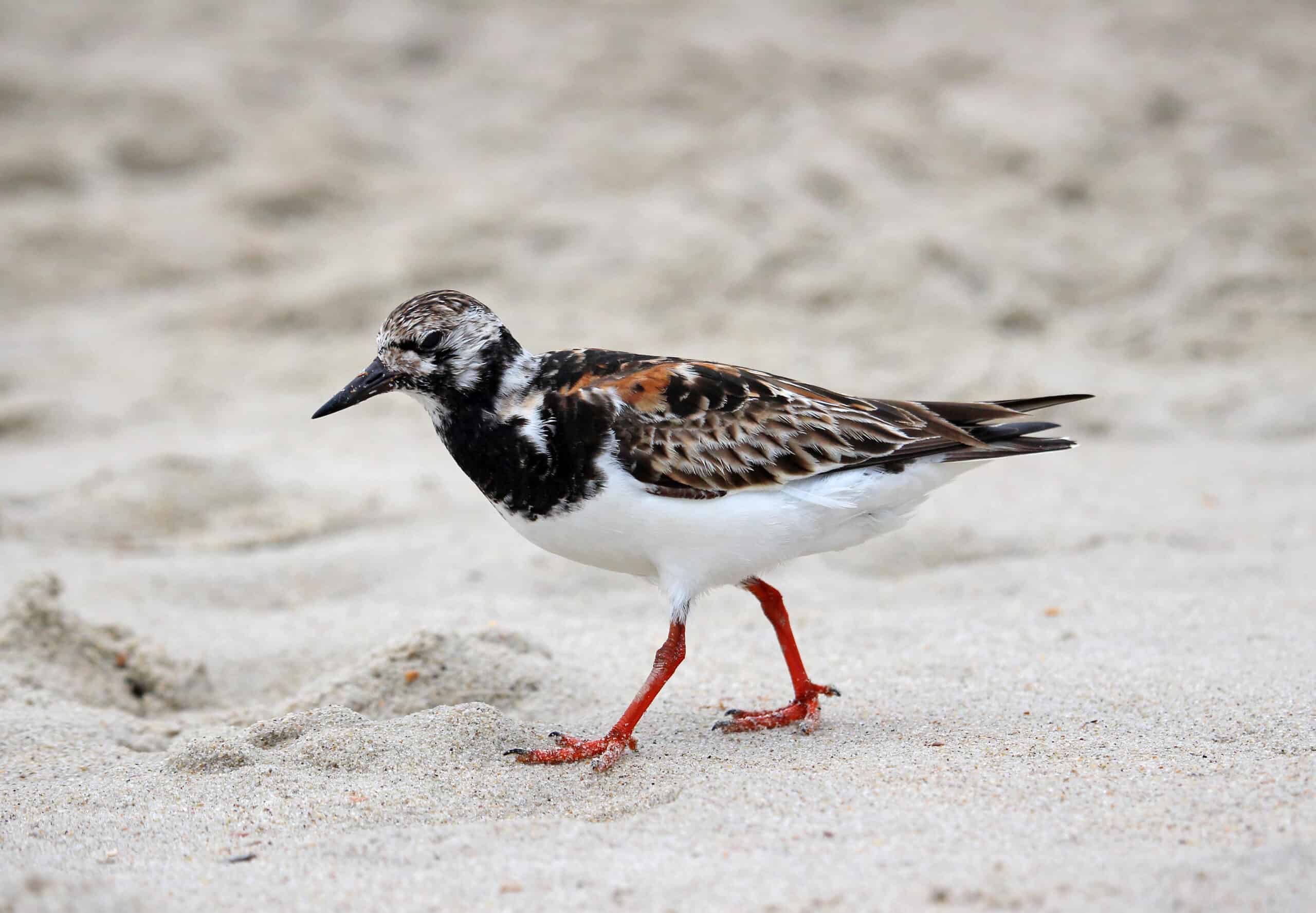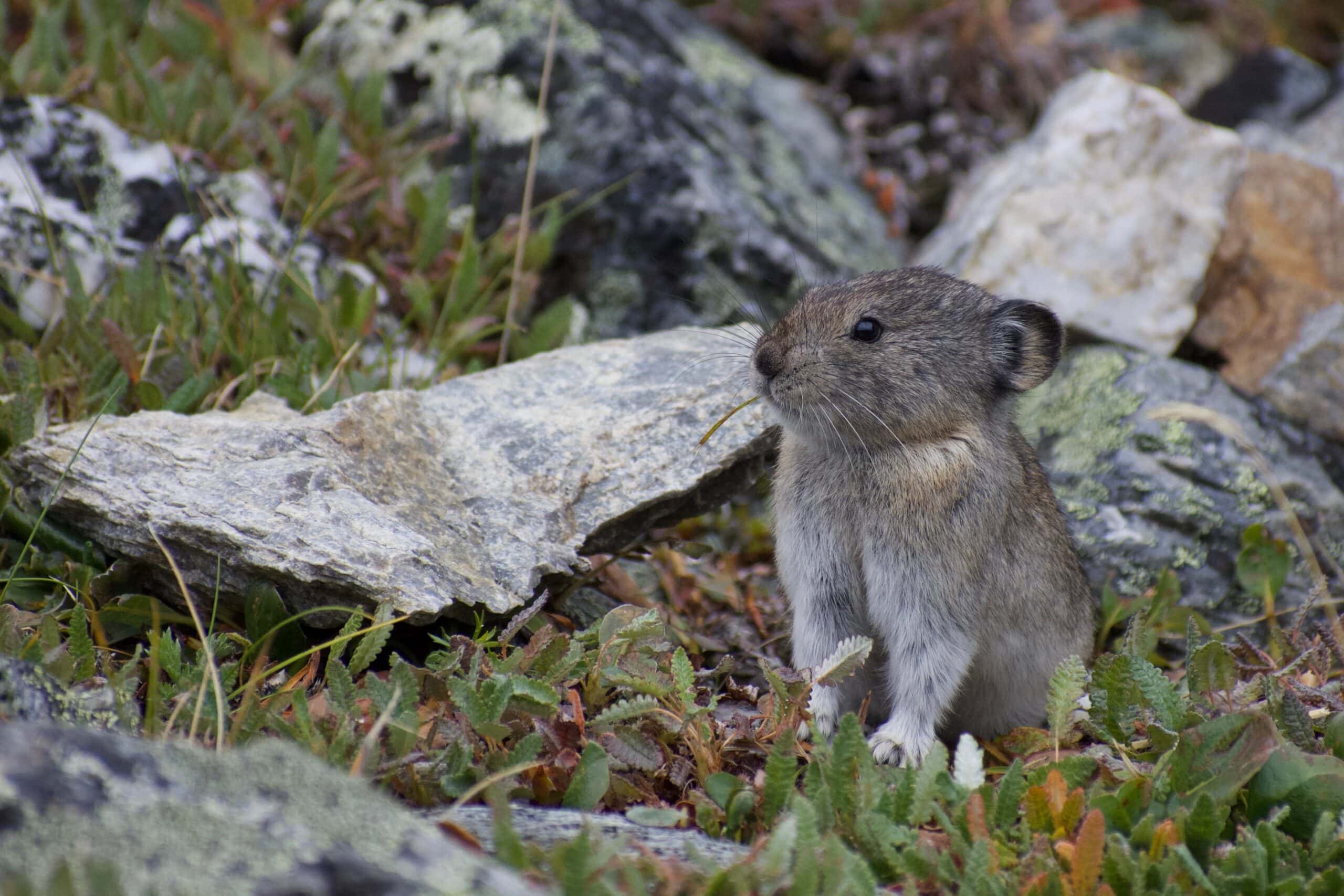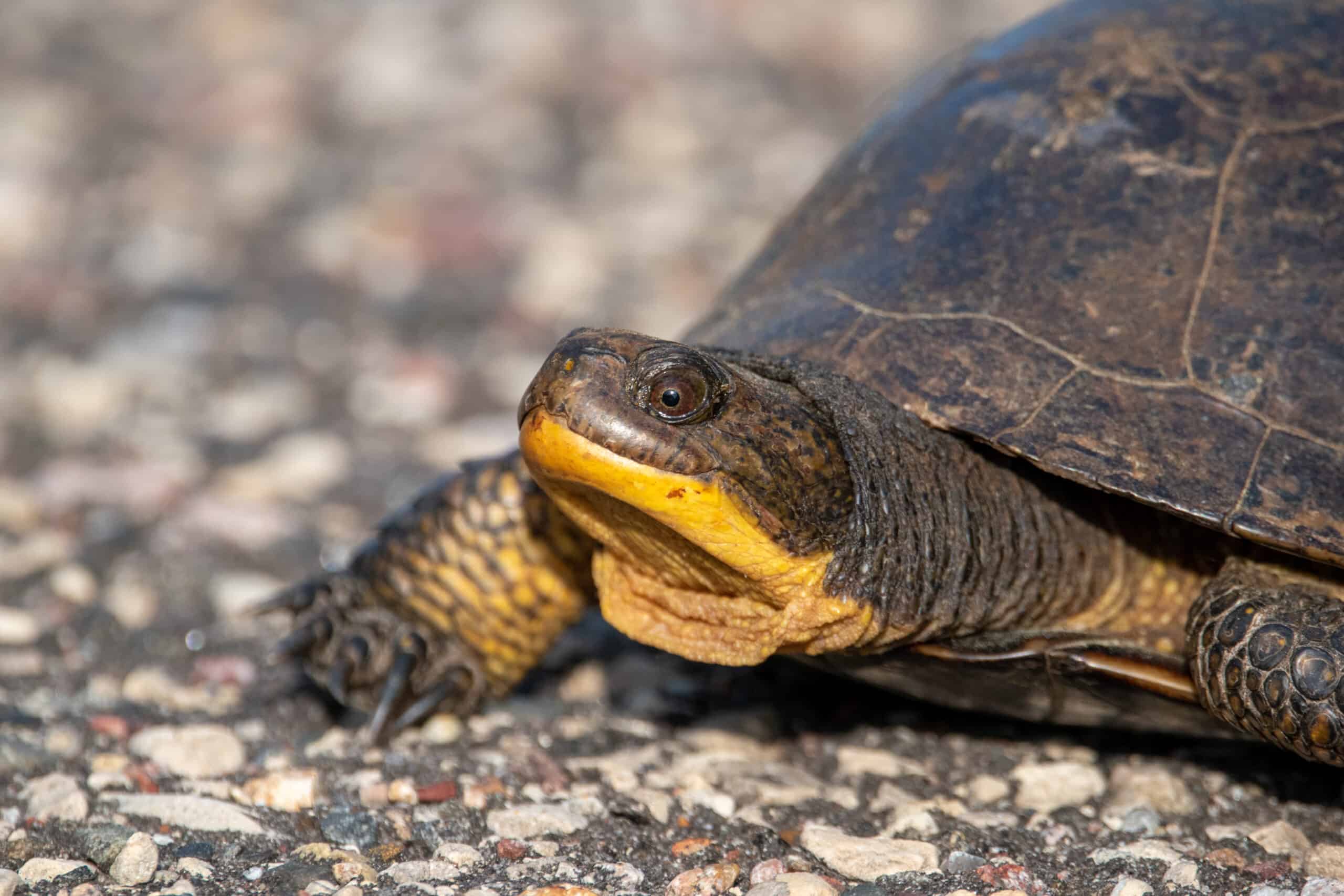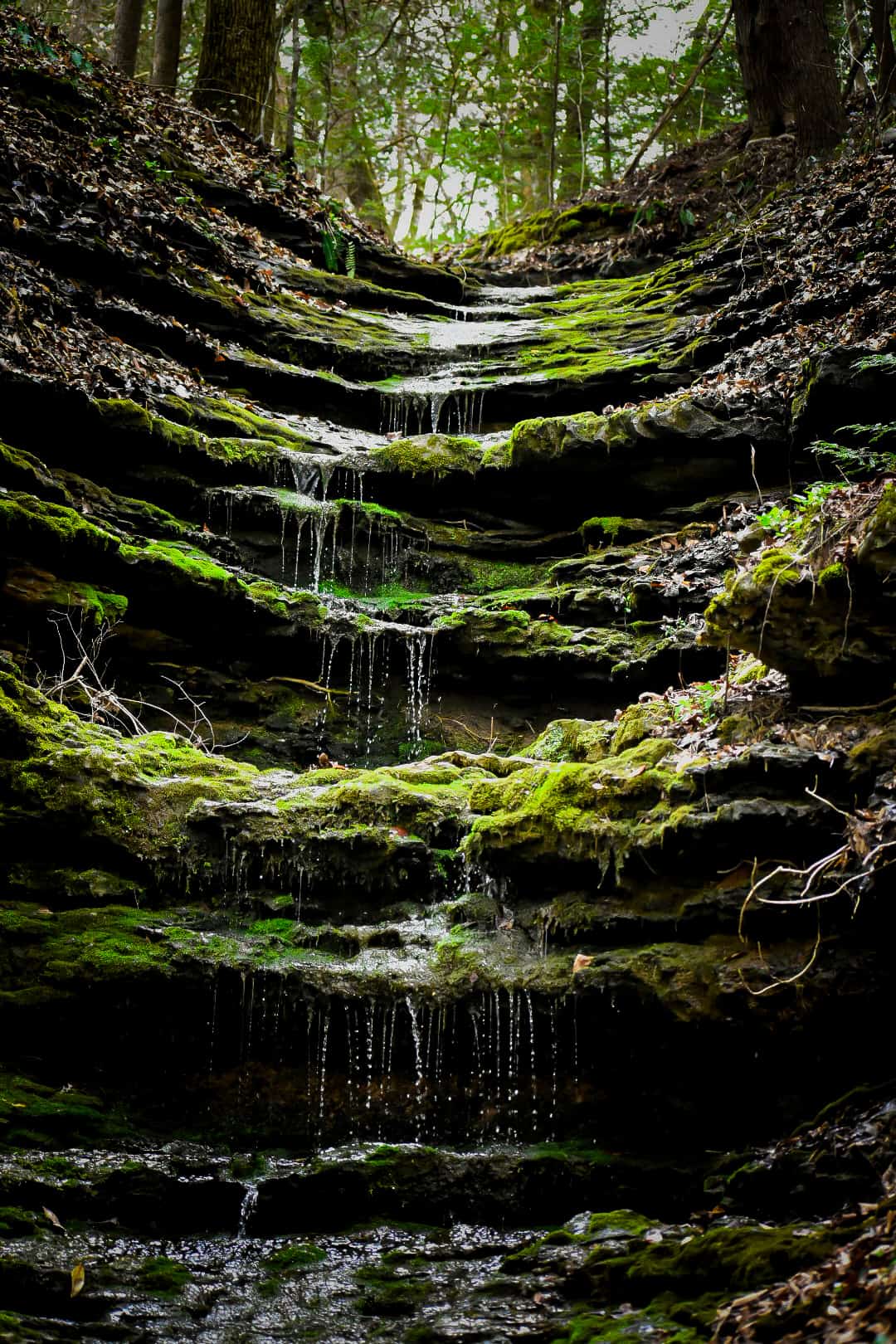Travel Scholarship for 2024 Conference
The HRWG is offering up to 4 travel scholarships to assist with the cost of attending the 2024 TWS Conference. These scholarships are available to early career professionals, graduate students, or presenters who are interested in attending the 2024 Conference. Further instructions for applying can be found below. We hope to see you in Baltimore!
Abstract Reviewers Needed!
The Society for Ecological Restoration (SER) has immediate openings for abstract reviewers. These opportunities are part of the Program Committee’s ongoing effort to develop and deliver a high quality 2024 North American Conference coming this fall to Vancouver, British Columbia. The committee is preparing to receive abstract submissions for contributed papers and papers associated with symposia that will be presented at the conference and we need your help to review the abstracts.
No experience in abstract review is necessary, and guidance will be provided to assist all new reviewers in the process. The review process will begin on approximately May 7. This is a great opportunity to further your contribution to the restoration of wildlife and wildlife habitats while also adding experience to your resume. Please send inquiries or questions to Robert Magill at rtmagill@gmail.com.
Upcoming Webinar!
March 12th at 4pm
Join TWS’ Habitat Restoration Working Group for a webinar discussing seed predators in tropical forests. Sergio Estrada, from the Universidad del Rosario, Bogota, Colombia, will show how different groups of animals influenced forest regeneration in the Neotropics, in the first 100 years of restoration. He will argue that the study of animal seed dispersal will be crucial in the UN Decade of Ecosystem Restoration.
Register here: https://wildlife.org/events/event/animal-seed-dispersal-is-key-for-the-restoration-of-tropical-forests/
Comments on the North American Model of Conservation
The HRWG Board and members recently submitted comments on TWS’s policy position on the North American Model of Conservation. The comments are as follows:
Habitat Restoration Working Group
Comments on TWS NAM Policy Statement
February 2024
1) Broader recognition of wildlife as an international resource.
The recognition of wildlife as an international resource has expanded beyond the scope of North
America. The Migratory Bird Treaty Act, mentioned in the third paragraph of the current position
statement, has also been ratified by Mexico (1936), Japan (1972), and Russia (1976). Many other
international regulations and treaties have been put in place in recognition of global conservation
concerns. TWS is an international organization with membership all over the world. At the recent
conference in Louisville, there were representatives from Norway, Sweden, Australia, Japan, Zimbabwe,
Italy, and many other nations. In addition, the position statement should include mention of North
American Tribal entities. As sovereign nations, North American Tribes are valued partners in wildlife
conservation; this should be reflected in the position statement.
Specific suggestions:
a) In the first paragraph, make mention of Tribal entities, Mexico, and other international
partners. Incorporate more recent conservation and policy milestones.
b) Amend Point 1 to include Tribal governments in the statement “state, provincial, and
federal governments” (also see 5.)
c) Amend point 4 to include Tribal governments and international partners
2) Uphold the North American Model as the basis for wildlife conservation in North America but signal
openness to revision.
The preamble and final policy point read as a rigid mindset against the evolution of the model. That
rigidity simultaneously could be interpreted as cherry-picking the science to support the model only as
currently described. Wildlife conservation, and the approach to its implementation, is not a rigid practice
and the framework under which it is applied should be amenable to revision. Other countries (e.g.,
Norway) have a similar doctrine toward wildlife conservation but have implemented different wildlife
conservation policies. TWS’s position statement should reflect and account for the evolution of
international wildlife conservation thought including recognition of other approaches that may work
within the context of the North American Model.
Specific suggestions:
a) Revise the preamble to recognize evolution of thought regarding conservation.
b) The wording of point (5) should be revised to reflect a less rigid defense and application
of the model.
c) Potentially combining points (3) and (5) would achieve a more nuanced position.
3) Acknowledge that “Democracy of Wildlife” is not actualized in North America and indicate support
of broadening participation.
It is well known that the numbers of hunters and fishers in North America are declining. As the
population grows and access to hunting and fishing opportunities becomes increasingly challenging for
some groups, TWS should consider what the “Democracy of Hunting” means in a changing world.
Additionally, though hunting and fishing are recognized as playing a pivotal role in wildlife conservation,
they are not the only activities involved. Today more than ever, wildlife conservation is closely tied to
non-consumptive uses such as wildlife watching, hiking, and other pursuits.
Specific suggestions:
a) Add a statement in support of advocating and promoting opportunities for more people,
including under-represented demographics, to engage in hunting and fishing activities.
b) Broaden the position statement to include non-consumptive use of wildlife.
4) Recognize the linkage between game and non-game wildlife conservation
Although the North American Model has remained the bedrock of conservation, it is heavily focused on
game species. As wildlife managers, we understand that game species depend on non-game species and
vice versa to maintain healthy ecosystems. However, this connection may not be broadly appreciated by
the general public. TWS should recognize and honor its roots as being focused on the management of
game species, but not allow this focus to conflict with our fundamental understanding of ecology.
Specific suggestions:
a) Incorporate specific mention of non-game conservation, how it links to game
conservation and their joint role in maintaining healthy ecosystems.
5) Broader inclusion and recognition of the diverse stakeholders in wildlife conservation
Promotion and education regarding the core components should extend beyond wildlife professionals,
students, governments, managers, and private landowners. Many different organizations engage with
TWS and wildlife conservation. These include non-governmental organizations (e.g., Ducks Unlimited) as
well as for-profit companies. It is important for The Wildlife Society to advocate for the education of
these various organizations regarding the principles of the Model and how to inclusively uphold those
principals.
Specific suggestions:
a) Include additional stakeholder groups to Point 1 & 2
New Year, New Name!
The Habitat Restoration and Working Group is now the Habitat Restoration Working Group (HRWG). Through a Charter Amendment vote, the HRWG elected to change the name of the working group. The Executive Board decided that as wildlifers, all of us are involved in conservation. Therefore, it was decided to drop the “and Conservation” from the HRWG’s name for the sake of clarity. In addition to the name change, the Charter Amendment election also contained procedures for removing officers. Please review our updated charter for more information. Click here for a highlights article from Past Chair Robert Magill.
Member Incentive Award
The HRWG Executive Board is updating the new Member Incentive Award. This award is designed to thank those high performing members for their contributions to the working group throughout the year. Stay tuned as we put the finishing touches on the nomination and delivery process.

©Ashley Lohr

©Terrel Christie
United Nations Decade on Restoration symposium
The HRWG is working to encourage TWS to become a supporting partner on the U.N. Decade On Restoration, a United Nations initiative to increase global restoration efforts. The HRWG believes that TWS has a lot of expertise and resources to offer this program. The Executive Board is working to gain the support of a consortium of working groups. So far, 11 working groups have voiced their support. The HRWG plans to submit their proposal to Council at their upcoming spring meeting. If you are interested in learning more or if you would like to get your working group involved, please reach out to our chair or our working group email.
Past Webinars
The Habitat Restoration Working Group hosted a webinar through TWS’ Webinar Series on February 23, 2023 on HABITAT RESTORATION: ADDRESSING CHALLENGES IN A CHANGING WORLD – by Jon Haufler.
Webinar Series
Our working group has launched a new webinar series to help connect its members. In our first webinar, presenters shared their work on using spatial subsidies to identify inequitable outcomes across migratory species’ ranges, including bats, insects and birds. A recording of the webinar is available here.
We are planning on hosting a webinar each spring, fall and winter. Stay tuned for our next session in the fall. Please feel free to share the registration form with other TWS members and colleagues.

©David Edlund

©Molly Paris
2024 TWS Symposium
The HRWG is working on developing a symposium for TWS’ 2024 Annual Conference in Baltimore. The proposed topic of the symposium will be the NRCS’s Working Lands for Wildlife (WLFW) program. This symposium will discuss the WLFW program and the importance of conservation on private lands for enhancing biodiversity, conserving species of concern, and providing habitat connectivity. The Executive Board is still drafting a proposal for the symposium, which will be submitted to Council for approval.
Grants and Scholarships
More information will be added as it becomes available.
Become a member
Membership is available to all current TWS members. You may join our Working Group by logging in to your TWS account.


